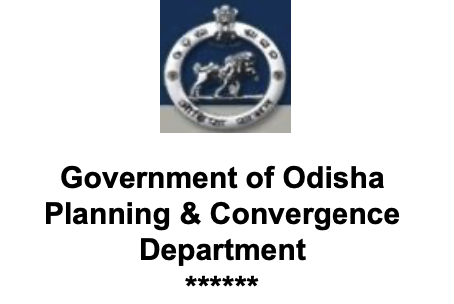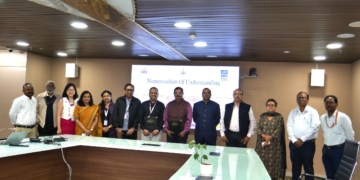In a bid to streamline fiscal planning and ensure targeted spending, the Odisha government’s Planning and Convergence Department has issued directives to all administrative departments, mandating the submission of proposals for additional budget allocations—formally known as the Supplementary Statement of Expenditure—for the 2025-26 financial year. The deadline is firm: October 31, 2025, with submissions required online.
The instructions, outlined in a letter from Additional Chief Secretary Anu Garg, are grounded in a circular from the Finance Department dated October 15. Addressed to all Additional Chief Secretaries, Principal Secretaries, and Commissioner-cum-Secretaries, the missive underscores a shift away from routine reappropriations toward proposals that genuinely advance state priorities.
“Additional budget preparation must be accorded top priority,” the letter states, directing departments to align submissions with the Odisha Vision Documents for 2036 and 2047. This includes reallocations for predefined outputs, outcomes, key initiatives, programs, and schemes slated for the first 24 months. Proposals are encouraged for new capital projects, innovative schemes and programs, government policy decisions, high-quality public services, and livelihood enhancement initiatives.
However, the department has drawn a clear line: these are not blanket approvals. “Existing budget provisions under various schemes are adequate,” the letter emphasizes, urging departments to base requests on “actual needs, priorities, and expenditure capacity” rather than habitual practices. Strict compliance with the Finance Department’s October 15 guidelines is non-negotiable.
For new schemes requiring extra provisions, rigorous evaluation through the State Finance Committee (SFC) or Expenditure Finance Committee (EFC) forums is mandatory. Reappropriations must occur within the same resource head and demand number, ensuring no cross-cutting shifts without justification.
A key deterrent to lax spending: If a department’s utilization falls below 40% of its allocated budget as of September 30, 2025, additional proposals will not even be considered. This measure aims to enforce accountability and prevent year-end fund lapses.
Special attention is called for schemes under the Externally Aided Projects (EAP), Rural Infrastructure Development Fund (RIDF), and Centrally Sponsored Schemes (CSS). Proposals here must factor in resource availability to avert surrenders at fiscal close, promoting efficient absorption of funds.
All submissions must reach the Planning and Convergence Department by October 31, complete with mandatory approval from the respective departmental minister. This structured approach is poised to sharpen Odisha’s fiscal strategy, channeling resources toward transformative goals amid the state’s ambitious long-term visions.




























